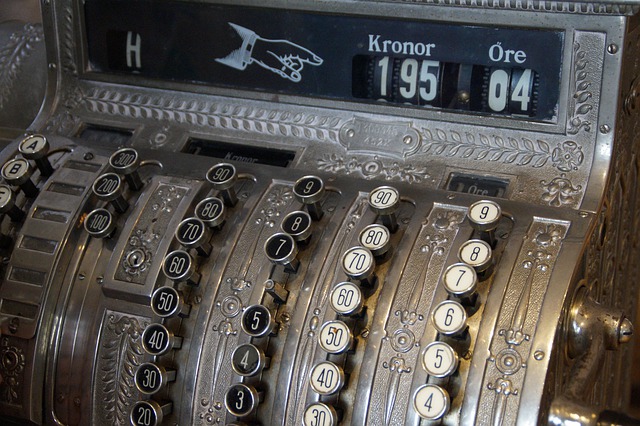
Last week, I spent much of the time out of the country, in Sweden.
Apart from considerable overindulgence in excellent cakes, drinking coffee and sampling delicious local food creations (not to mention some rather ropey ABBA dancing exploits too), what really struck me was the money, the cash or more precisely the complete lack of it.
I was there for 4 days, did not use it and did not need it, not once. Now I do use contactless payments here at home, but this was my first overseas trip made without the comfort blanket of cash in my pocket. It did not exchange anything at all.
Cashless
It can be done, and thinking about this there are also interesting ramifications for the financial services industry too.
First off, obviously, this was not great news for travel money and foreign exchange companies – they lost out. No float, no fees and no gain from the spread between me buying and then selling back my unused currency.
However, it was great news for my bank and their associated payment networks. They got a large slice of my business and in the process some great data on my spending (and the fact I was away from home).
Yet here, and looking through the data, there is also a note of caution. Not all cards in fact are the same.
Transacting on my bank debit or credit card seemed to attract this ‘non-sterling transaction fees’, which was not present on my ‘fin-tech’ bank provider debt card.
In addition, I also noted that there are exchange rate differences (same day comparison) between products, with the traditional bank being less favourable. In total this represented around a 3% difference.
Over the course of a vacation these differences can add up and certainly being charged the fee, did not leave me with a sense of value for money. This being said, honestly, had this fee not been charged I would likely not have noticed and the poorer value for money could have been hidden in the exchange rate.
Reflecting on Consumer Duty
This again comes back to the proposals around the FCA Consumer Duty, due to be live in April 2023. Which of these products enabled me to achieve my financial objectives, provided fair pricing and acted in good faith?
I am sure all of them would argue they did, but by this simple comparison of a very straightforward example it can be seen how some complex issues of hidden fees, evidencing across a consumer journey can be opened up, and the balance this could have on profitability… and this before we get to anything more complex. This is something we are going to have to start to unbundle, especially once the final guidance is released in July.
And, as a wider question, as our money increasingly becomes digital, on our phone, and embedded into processes such as in BNPL, is our relationship with it changing? Are we perceiving value differently and how will this impact vulnerable or result in more financial difficulty?
After all, for some, it can be harder to spot poor value for money by transaction, on the phone, than simply finding less money in your pocket at the end of the week. The dynamics change.
Budgeting tools, transparency on fees and more comparison sites are all needed… maybe now more so than ever.
Have a good week everyone.
RO-AR insider newsletter
Receive notifications of new RO-AR content notifications: Also subscribe here - unsubscribe anytime

